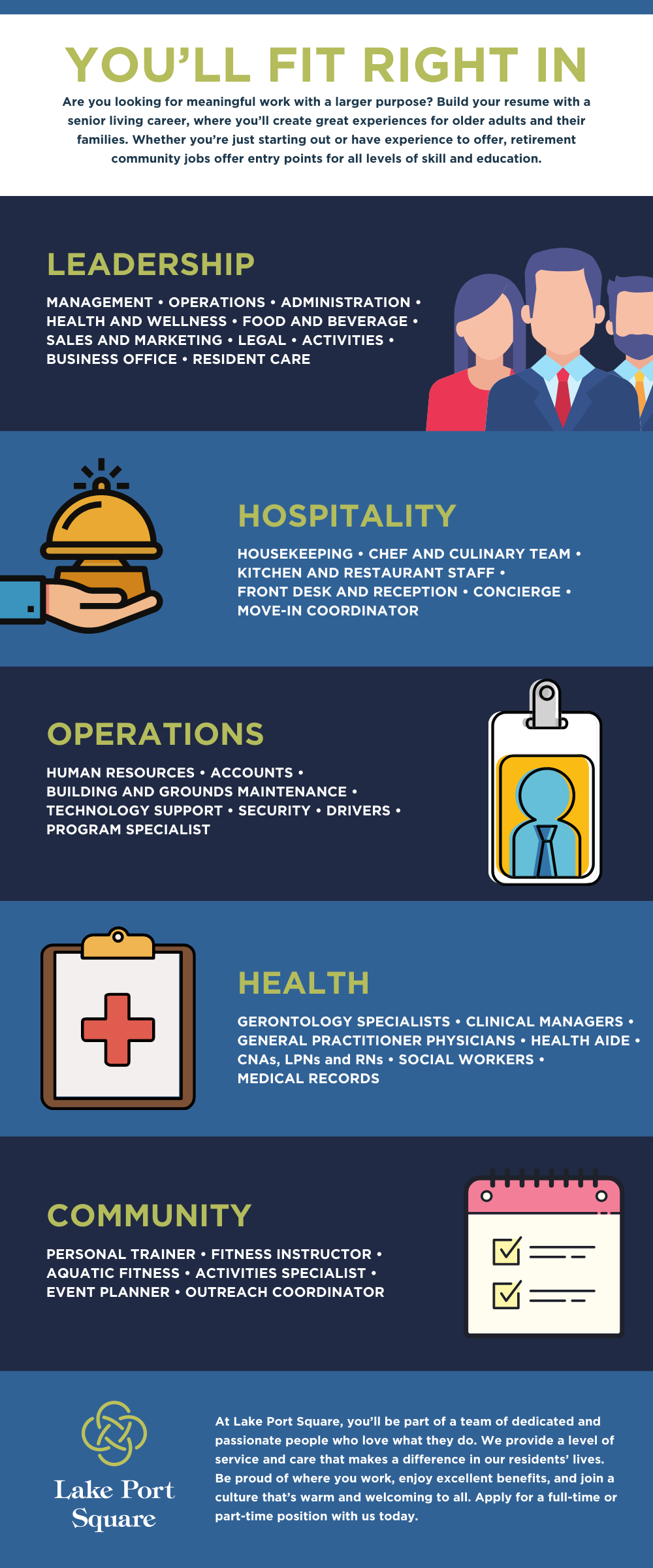Getting Back on Your Feet: Home Health or Short-Term Rehabilitation?

In life, injuries or illnesses can happen that require a little more work, care and support to recover from. That’s when your doctor may recommend post-hospital care like short-term rehabilitation or home health care to get you back to enjoying life. However, which one is the best option?
Discharge Planning
When it’s time to leave the hospital, discharge planning should involve a team of people who know the types of care that you will need, and whether you’ll go to a rehabilitation community or back home. It also should include information on which activities you might need help with. Common conditions that require rehab include:
-
- Broken or fractured joints
- Joint or hip replacement
- Parkinson’s disease
- Heart attack and cardiovascular disease
- Arthritis
- Osteoporosis
- Cancer
- Balance and mobility issues
Post-hospital care at short-term rehabilitation communities usually include one or more of these rehab therapies:
Physical therapy
Helps improve mobility, balance and flexibility by increasing strength and managing pain. Physical therapy is commonly recommended after a serious injury and can also help with chronic conditions like arthritis.
Occupational therapy
Typically recommended after an injury, illness, or stroke to assist with activities of daily living (ADLs), use of adaptive equipment, or fine motor skills.
Speech therapy
This type of therapy is generally recommended after a stroke or injury that affects the brain to help with conditions that affect communication, swallowing, or cognitive skills such as attention or memory problems.
The Benefits of Short-Term Rehab
Also known as post-acute rehab, short-term rehabilitation centers offer 24/7 skilled care and therapeutic services to address your unique needs so you can safely return home.
Post-acute rehabilitation at a retirement community is often recommended if you have difficulty walking or taking care of yourself, have complex medical conditions and complicated medication regimens, need close monitoring, or don’t have a reliable family caregiver. Rehab centers offer these types of services:
-
-
-
- Help with the activities of daily living
- Community activities and events
- Customized physical, speech, or occupational therapies
- Medication management,
- Assistance with mobility
- Daily meals
- Around-the-clock care
-
-
Pros and Cons of At-Home Rehabilitation
If you think you or your loved one might prefer recovering at home, you should know it’s not without its pluses and minuses.
Pros:
-
-
-
- Being at home
- Visiting clinicians can administer injections, provide wound care, or develop a strength and physical therapy exercise program
-
-
Cons:
-
-
-
- Finding, hiring, scheduling, or managing an in-home team of caregivers
- Needing to add ramps and stairlifts to address mobility issues
- Without the proper support, rehabbing at home can be isolating, inconsistent and even dangerous
- Not sticking with the program 100% on days the therapist doesn’t come, can limit recovery
-
-
Paying for Post-Hospital Care
Medicare covers both in-home care, short-term rehab and skilled nursing communities, but coverage for in-home care can be more limited. For example, Medicare will pay for inpatient prescription drugs, but it won’t cover medications for individuals who receive care at home. Also, Medicare will not pay for meals to be delivered to the home, but it does cover meals at a community.
Questions to Ask
Before leaving the hospital, be as prepared as possible to choose the right rehab option. Getting answers to these questions will help you better decide where to do your recovery.
-
-
-
- What types of therapies will be required after leaving the hospital?
- How many medicines will be needed, how often, and in what dosage?
- What is the purpose of each medication, and do they have any side effects?
- Will my loved one need help with bathing or getting dressed?
- What about help with housework and preparing meals?
- What’s the average time of recovery?
- Should I watch for specific symptoms or problems?
- Will professional assistance or medical care throughout the day be needed?
- Will special medical equipment be needed like a walker or wheelchair?
- Will health insurance or Medicare pay for their rehab service?
-
-
Our Short-Term Rehab Will Get You Squared Away
After a hospital stay, our short-term rehabilitation is designed to help you feel better, faster. To hear more about our services, contact us or use our Community Assistant chat feature. You can also learn about what to look for when choosing a rehabilitation center.




